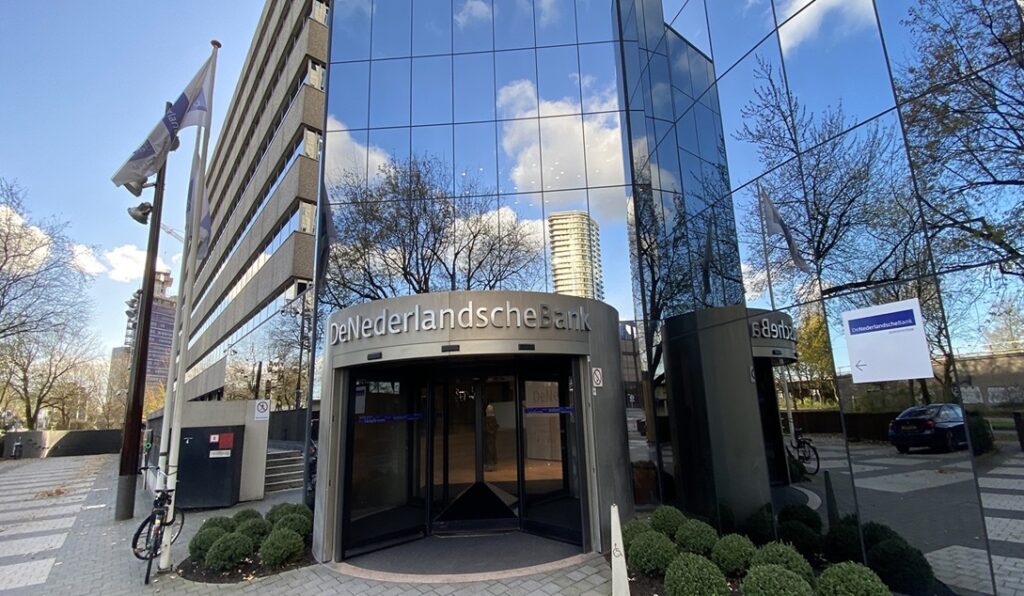The Netherlands’ central bank fined Bybit €2.2 million ($2.4 million) for offering crypto services without required registration, violating anti-money laundering regulations.

De Nederlandsche Bank, the central bank of the Netherlands, has imposed a €2.2 million ($2.4 million) sanction on Bybit for providing crypto services in the country without the necessary registration, thereby violating regulations intended to combat money laundering and terrorist financing.
The sanction, imposed on Oct. 22, results from Bybit’s failure to register with DNB following the Anti-Money Laundering and Anti-Terrorist Financing Act.
This act mandates that crypto service providers register to assist in monitoring and preventing illicit financial flows. In May 2020, the registration requirement was implemented in response to the increased inherent risks of cryptocurrency transactions, particularly their potential for anonymity.
In addition to violating regulatory objectives, Bybit’s noncompliance also impeded the company’s capacity to report anomalous transactions, as per DNB.
“[…] Bybit was unable to report unusual transactions to the Financial Intelligence Unit-Netherlands during the period of non-compliance.”
De Nederlandsche Bank
DNB stated that the fine was calculated based on the severity, extent, and duration of Bybit’s noncompliance. However, the fine was reduced due to Bybit’s endeavors to resolve the situation. The exchange has been operating under the SATOS Virtual Asset Service Provider license since the transfer of its Dutch consumers to the local partner SATOS B.V. firm.
Bybit acknowledged the sanction and reaffirmed its dedication to compliance in response to DNB’s statement. Remediation efforts were initiated by the exchange in 2022 to “minimize potential financial damage,” as stated in a press release.
Ben Zhou, the co-founder and CEO of Bybit, underscored the company’s commitment to “responsible growth,” stating that the exchange is “steadfast in its commitment to collaborating with European regulators to establish a transparent and responsible ecosystem.”
